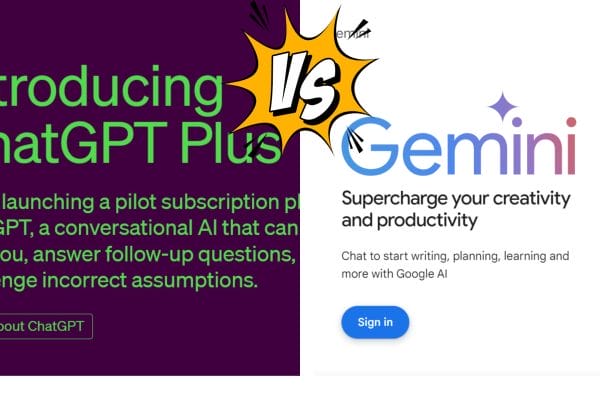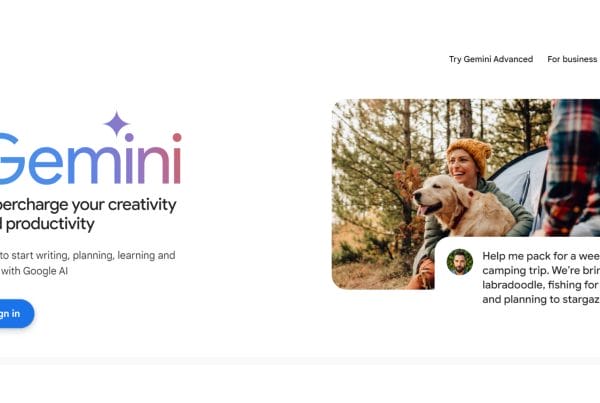Using AI tools as part of your research papers can bring up many problems.
Is it actually allowed to use AI?
How do you cite an AI tool like ChatGPT?
Most Universities will probably look down on research written by an AI tool as AI tools work on a prediction-based method where they just predict the next word. While this looks amazing and can be useful in many many situations, it hardly counts as new research (I am talking about generative AI tools like ChatGPT, other types of AI algorithms can do unique research).
The problem with using ChatGPT for your research is that it often can’t correctly source where it got the information from. It also tends to just simply make stuff up.
Are the Citations in ChatGPT real?
You should be cautious when using the sources that ChatGPT gives you. It can often give you decent sources if you are using ChatGPT Plus (because it is connected to the web).
Sometimes these sources are real and can be used as citation in your work. Other times ChatGPT may give you links to pages that don’t work or worse don’t exist.
Depending on your University or educational institute, you may be allowed to cite ChatGPT but you will need to get in contact with them as it may be different for each institution. It may also depend on the style guide your institution uses. You can read more about using ChatGPT with MLA and APA style guides here.
How can you get correct references in ChatGPT?
Getting the correct references can be a challenge especially once it has given you the wrong information.
You can try the following to help you try to get the correct reference:
- Be more specific on the reference you need
- Provide more context for ChatGPT
- Give specific examples of what you want
In my experience, it can be very difficult to get ChatGPT out of the loop of providing incorrect information and source links. I usually will change to Google Gemini or even better Perplexity AI.
Getting information from a variety of LLMs will also often increase your understanding of a particular topic as they have different training datasets and different capabilities.
Is ChatGPT reliable for Research?
ChatGPT can be reliable for research for surface-level topics and information. I personally wouldn’t recommend it for complex research that requires nuance.
If you are doing academic research, then I suggest using Perplexity AI. They have a really useful feature that allows you to filter your search to only include academic research papers.
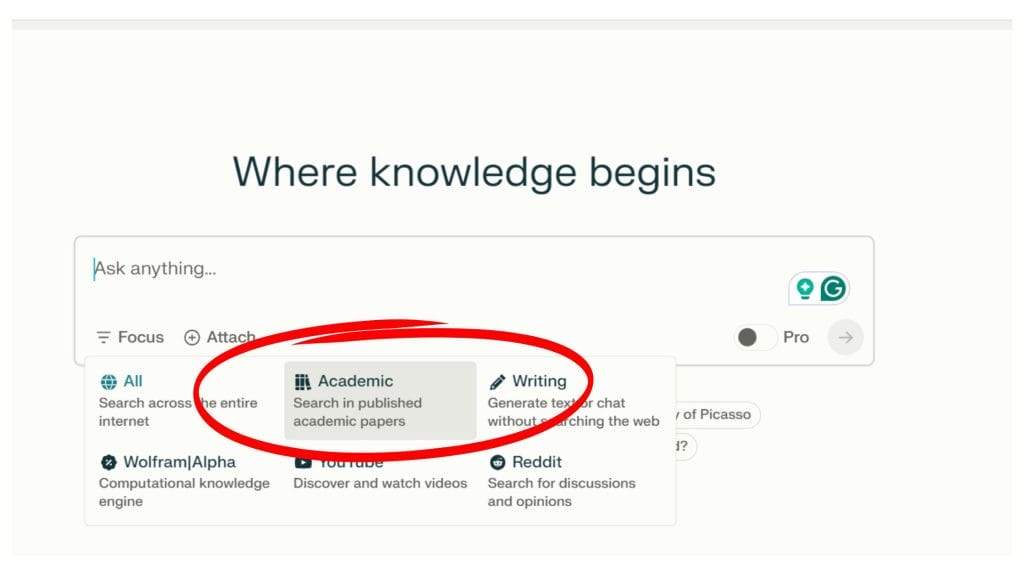
Can you use AI-generated text in your Research Papers?
I would recommend against using ChatGPT or other AI tools to write your papers for you. It goes against academic integrity and the whole point of education.
You can of course use AI to research topics, correct your spelling and grammar, translate documents, and rephrase text that doesn’t sound correct.
If you do want to use AI to write your text, you should invest some time in learning “prompt engineering”. This is the skill of getting the best output from your AI tool.If you know what to ask the AI tool, then it will respond with better information.
But this next question needs to be answered.👇
Can Universities Catch You Using ChatGPT?
Yes, Universities can catch you using ChatGPT. They can use AI content detectors like Winston AI to detect text that was written by AI.
AI detectors also use AI to detect AI-written text. Winston AI uses a large training dataset where the origin of the text is known (if it was written by a human or an AI tool). It then tests your text against this database along with a language analysis tool to predict whether the text was written by AI or not.
Let me show you an example:
First, I will ask ChatGPT to write me a research paper
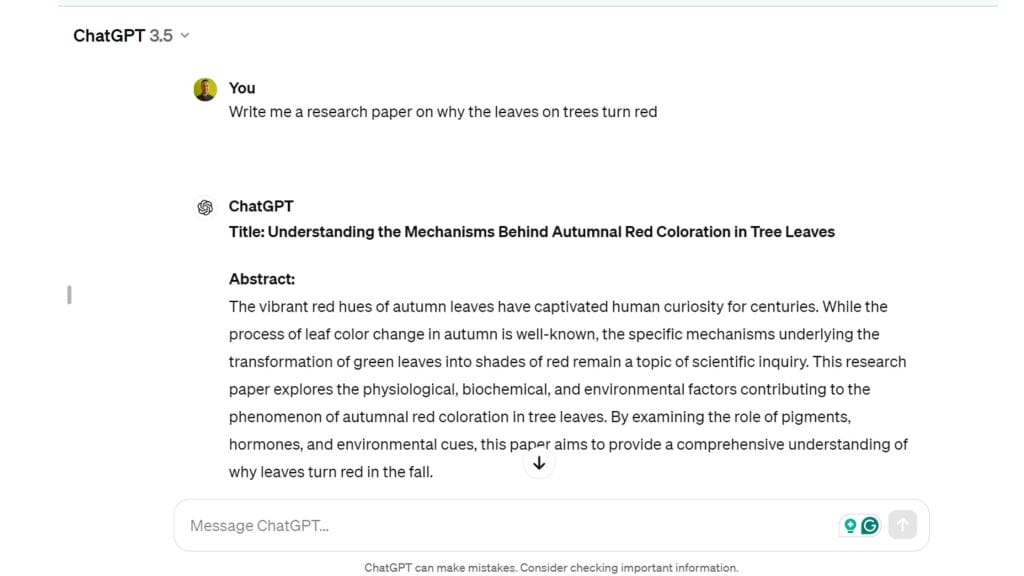
As you can see from the results below, Winston AI correctly predicted the text as AI-generated.
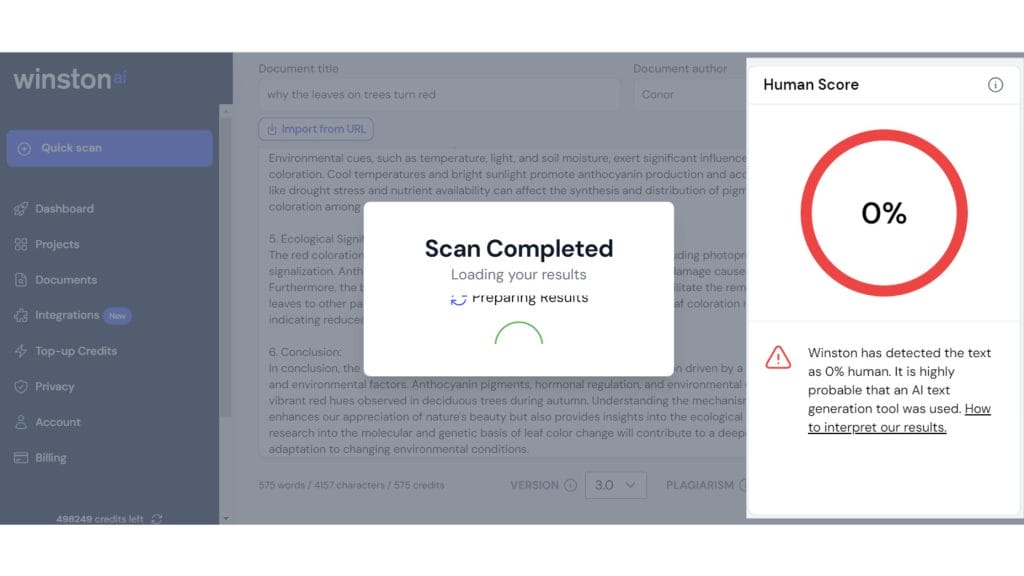
That’s because we have an accuracy rate of 99.98% when detecting AI content. For that reason, Universities are choosing Winston AI to use as their AI content detection tool. So they can trust that they have an AI detector that works.
The use of AI tools like ChatGPT in academic research isn’t prohibited by law, but it is subject to the policies of individual academic institutions. It’s advisable to consult your university’s guidelines regarding AI use in research.
If your institution allows the citation of AI-generated content, you can cite ChatGPT as a source similarly to other digital tools. Be specific about the version and the date of interaction. For example: “ChatGPT, OpenAI, [version], accessed on [date].”
ChatGPT may reference or generate links that appear credible, but it can also fabricate sources or cite nonexistent materials. Always verify the validity of the sources independently before using them in your academic work.
Always cross-check any information provided by AI tools with reliable sources. If you encounter incorrect information, refining your questions or providing more specific context may help obtain more accurate responses.
While ChatGPT can provide useful information for preliminary research or exploring general topics, it may not be suitable for in-depth or nuanced academic research that requires detailed analysis and originality.
Yes, relying on AI to conduct research or draft papers without proper attribution can breach academic integrity policies. It’s crucial to use AI tools responsibly and in a manner that complies with your educational institution’s guidelines.


